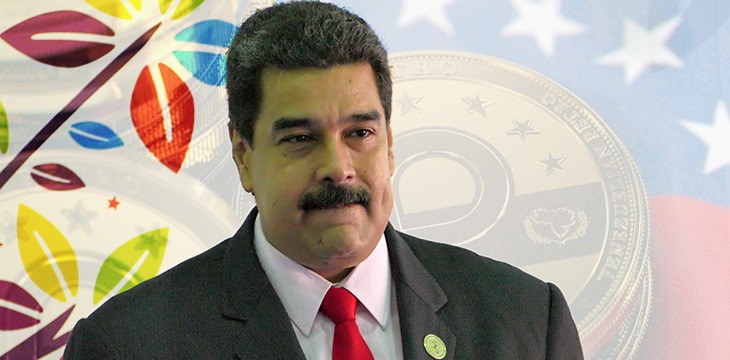|
Getting your Trinity Audio player ready...
|
The Venezuelan president wants everyone to use petro digital currency, and he’s not about to stop any time soon. In his latest push, President Nicolas Maduro has instructed airlines that fly from the country’s capital of Caracas to pay for fuel in the cryptocurrency.
Maduro made the announcement while delivering his annual speech to the ruling Constituent Assembly. He stated, “I decree the sale of all fuel sold by the PDVSA for planes operating international routes be made in petros from now on.”
The president didn’t clarify on whether the directive affects just the local airlines or the industry as a whole. Currently, some of the international airlines serving Caracas include Portugal’s TAP airlines, Air France, Panama’s Copa Airlines and Air Europa. Some leading global airlines have ceased service to comply with the severe sanctions imposed against the South American nation.
Maduro also revealed that PDVSA, formally the Petróleos de Venezuela, S.A, would begin exploratory sales of 50,000 barrels a day in petro. The state-owned oil and natural gas company would then use the initial phase to gauge the feasibility of selling all the nation’s oil in the currency.
The president also decreed that Venezuelans will pay for state document services, including passports, using the petro. Taxes and utility bills will also be paid for in the controversial crypto.
He stated, “We’re opening a path to a new economy, to break old protocols and bureaucracies,” adding, “The crisis forced us to strengthen our creative capacity, to find answers where we didn’t have them, to seek innovative strategies to overcome difficulties and adversities.”
With his new directive, Maduro hopes he can get more people to use the petro, a crypto that has become more of a joke than a functional currency. The embattled leader commissioned the use of the petro to fight the dominance of the U.S. dollar at a time when the U.S. has imposed several sanctions against it.
Previous efforts by Maduro to get the petro ball rolling include paying pensioners in the currency. However, according to reports, the pensioners would convert the petro to Venezuelan bolivars as soon as they received them, and later on, to other global currencies. This led the government to block the conversion of petro to bolivars, forcing the citizens to transact using the digital currency.

 02-17-2026
02-17-2026 




